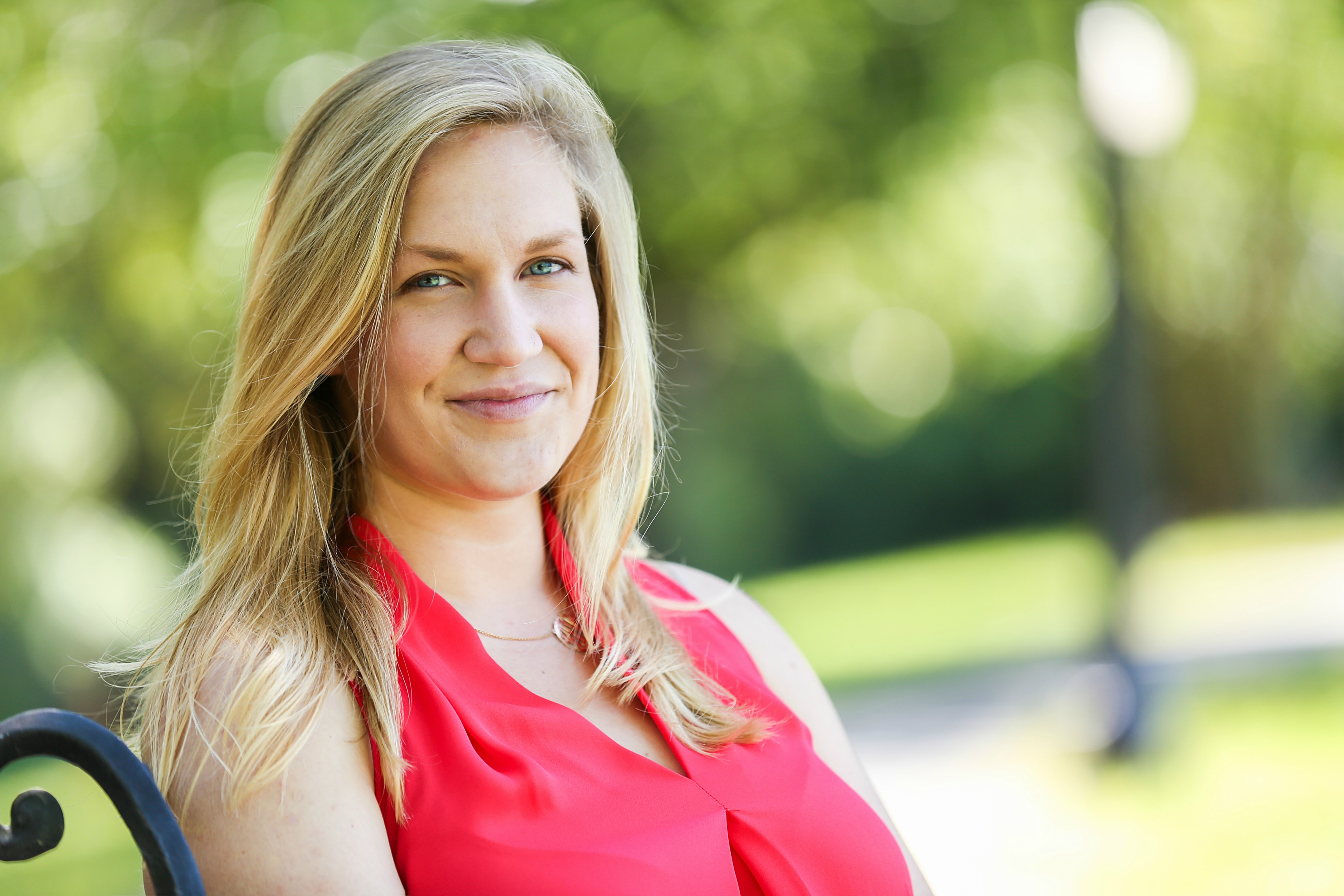Kicking off the #AHA17 session on Closing the Gap on Disparities: Practical Strategies and Implementation, Dr. Michelle Albert out of UCSF fits an astonishingly large amount of information into a succinct 15-minute talk on Improving Cardiovascular Risk in African Americans. She alludes to her research on psychological stress in the context of cardiovascular well-being being a function of adversity and resilience, divided by wealth, and cautions against interpreting wealth as income.
A feature article by the UCSF Cardiology department quotes her well as she explains that “some forms of adversity” are similar to post-traumatic stress disorder, and that while “…stress is a normal part of life…chronic, persistent stress…accompanied by a lack of control [of that stress]…is associated with hypertension, obesity, [and] inflammation.”
I hope that quote makes you think of the term “microaggressions”, a concept that has received note by many social media groups such as Buzzfeed, and a brief online search returns an article from Psychology Today in 2010 both defining the term, and providing examples.
She adds in today’s presentation that sleep disturbances disproportionately afflict African Americans, who are 5 times more likely to experience shorter sleep times compared to whites (adjusted for sex, age, and site).
Her closing call to action gave life to thoughts I’ve had the past few months as a doctoral epidemiology student.
“Epidemiologists are accustomed to describing things but we need to move on to taking those associations and putting them into practice, whether designing trials or conducting community based research for interventions”.
In the epidemiologic world of causal inference, I’m glad I am not the only one who’s asking when we will move from associations to interventions.

Bailey DeBarmore is a cardiovascular epidemiology PhD student at the University of North Carolina at Chapel Hill. Her research focuses on diabetes, stroke, and heart failure. She tweets @BaileyDeBarmore and blogs at baileydebarmore.com. Find her on LinkedIn and Facebook.